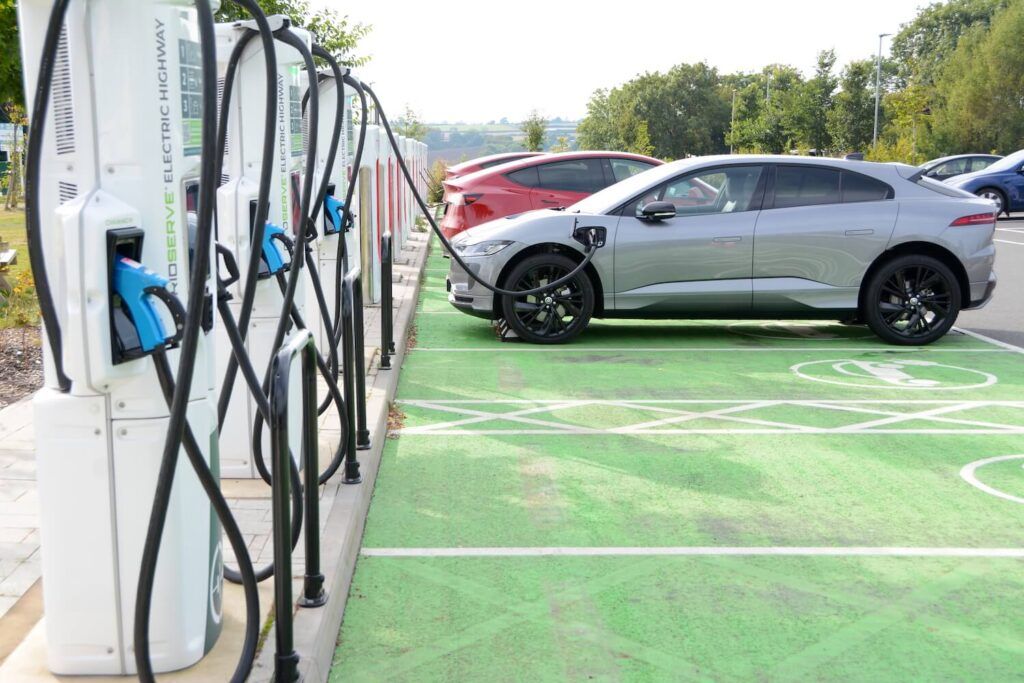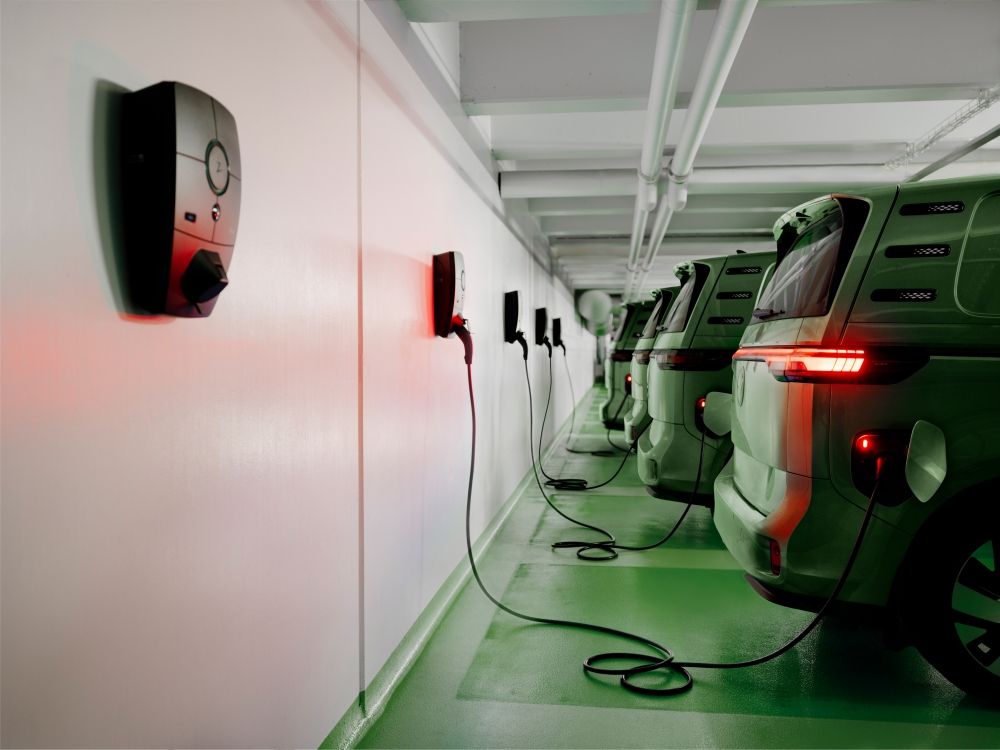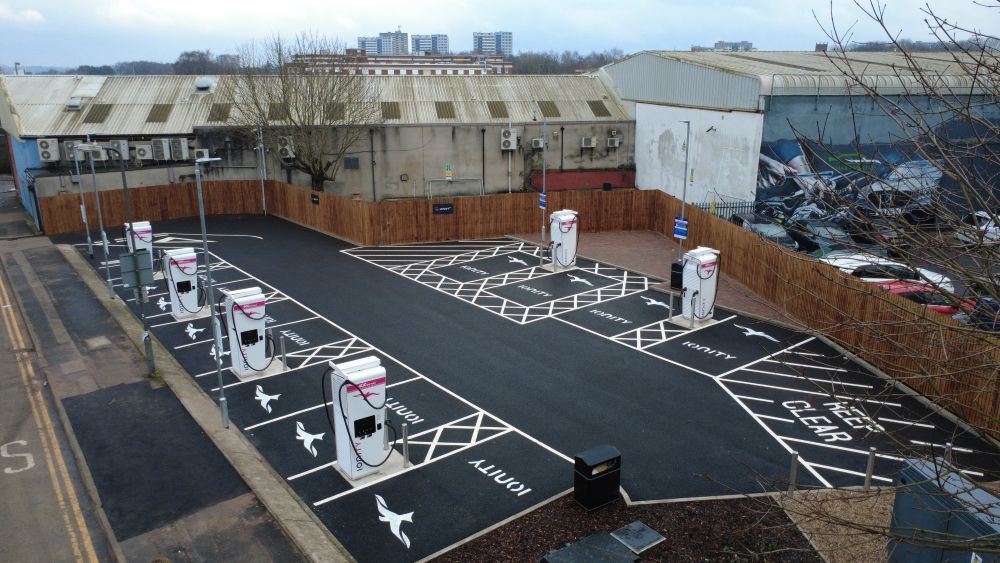UK battery technology firm Britishvolt has had funding approved by Innovate UK for a collaborative research project which will see it develop large format pouch cells alongside a leading vehicle manufacturer, and UK specialist chemicals firm Johnson Matthey.
Project GENESIS (Generating Energetic Novel cells and Systems Inspired by Software) aims to design and demonstrate a large format lithium-ion pouch cell optimised to deliver both high energy density and sustain fast charging to the automotive industry’s technical requirements and use-case specifications, provided by a vehicle OEM.
Fast charging is a key trend as the world transitions to electrified mobility. The ability for consumers to be able to rapidly charge a vehicle will increase confidence in switching to an electric vehicle.
The consortium will integrate both high energy cathode materials and novel separator technology from project partners Johnson Matthey and ENTEK International. Prototype cells will be fabricated to refine and validate the modelling undertaken at Imperial.
Richard LeCain, Britishvolt Head of Cell and Process Development, said: “Britishvolt intends to be a leader in modelling advanced materials for incorporation into next generation cell designs. This is the work that is going to directly feed into the Northumberland Gigaplant. The GENESIS project will demonstrate how a battery developer in concert with industry partners from the automotive and battery materials sectors can effectively collaborate with leading academic institutions to quickly advance designs and be a key part of enabling full scale production.”
Craig Chapling, Britishvolt R+D Programme Manager, added: “The GENESIS project is a great opportunity to collaborate closely with both our supply chain and a prestigious automotive OEM, in addition to leveraging the significant capability in battery modelling available at Imperial College London. Whilst helping to deliver on Britishvolt’s goals of building the UK’s first full-scale Gigaplant, as well as a native supply chain required to support it, it is also encouraging to see the Faraday Battery Challenge delivering on its aims. Here is research undertaken at UK universities, building into collaborative R&D, with the outcome being full-scale production at Britishvolt’s Gigaplant facility in Northumberland.”
Britishvolt is on target to manufacture some of the world’s most sustainable, low carbon battery cells on the site of the former Blyth Power Station coal stocking yard located in Cambois, Northumberland. Planning for the project was awarded, by unanimous decision, July 6.
The project will be built in three phases each of 10GWh to a total capacity of 30GWh by end-2027 onwards.
Once at full capacity, the Gigaplant will have a production capability equating to approximately enough cells for around 300,000 electric vehicle battery packs per year, intended primarily for the automotive industry.
Image courtesy of Britishvolt.











